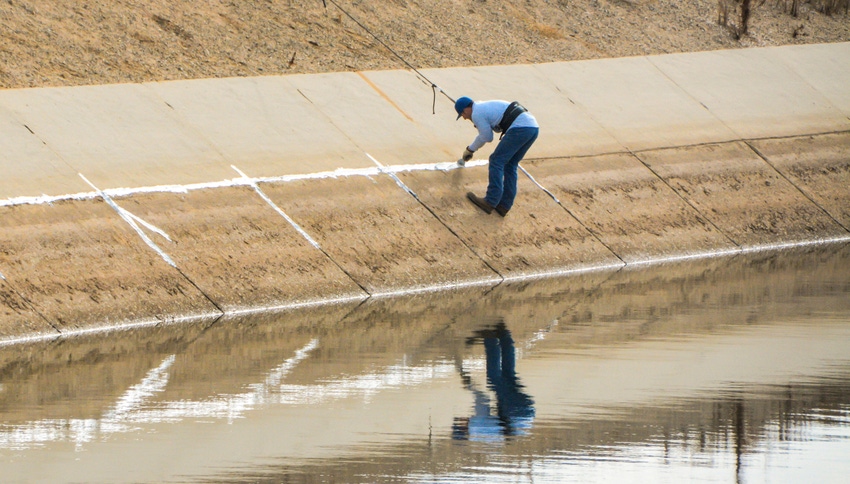
For California farmers, the next few years is going to be frightening as the hyperbole people accuse them of during election cycles becomes reality.
When California Gov. Gavin Newsom vetoed legislation to help fund necessary repairs to the Friant-Kern Canal, he did so after telling business leaders in 2019 that nobody cared more about the state than he does. While he used more colorful words during his keynote address to the California Economic Summit to drive home his point, his opposition to take appropriate action on critical issues affecting the state speaks volumes.
Perhaps more disturbing was the guarded public reaction to his decision to return the bill unsigned. In his veto message Newsom criticized legislators for focusing on a single piece of California's water conveyance at a time when state agencies are said to be seeking a holistic approach to California water woes. He further attacked the idea by saying it failed to meet the needs of the entire state.
How's that holistic approach to forest management in the state working, governor?
California has a history of rightly addressing single-use projects that arguably do not benefit all its residents. Did repairing the mile-long spillway at Oroville Dam a few years ago after it failed directly benefit all of California? Had the dam failed, which it came precariously close to in early 2017 after the reservoir overtopped the dam, would it have directly affected residents in counties like Inyo, Imperial, or Modoc?
Perhaps comparing that to an irrigation canal is not fair, except that it helps illustrate the point that we literally moved mountains of earth and poured millions of yards of concrete to repair the main spillway after 250,000 people were forced to evacuate. Surely that's not most of the state's population.
Public capital is spent to pave roads that not everyone drives on, yet we do it. Why should a canal system that serves disadvantaged communities and irrigates the farmland that accounts for over half the state's total gross agricultural output be held to a different standard? Will the high-speed rail project, if completed as proposed, serve all 58 California counties? Could the money poured into that boondoggle be better spent on water infrastructure?
Newsom did not receive the bill as originally written. By the time it made it to his desk it was merely another call for a useless government report with unbinding suggestions. Maybe the guarded criticisms of the governor's action by water and agricultural leaders were just a way to remain relevant with their constituents, knowing that had it passed, the fight would then have been on to fund canal repairs.
For those who think this is just a "California problem," think again. Poor political policies that start in California have a propensity to trickle to other states. What happens when we forever lose the ability to produce the volume of food and fiber we're accustomed to receiving from California?
##
About the Author(s)
You May Also Like






